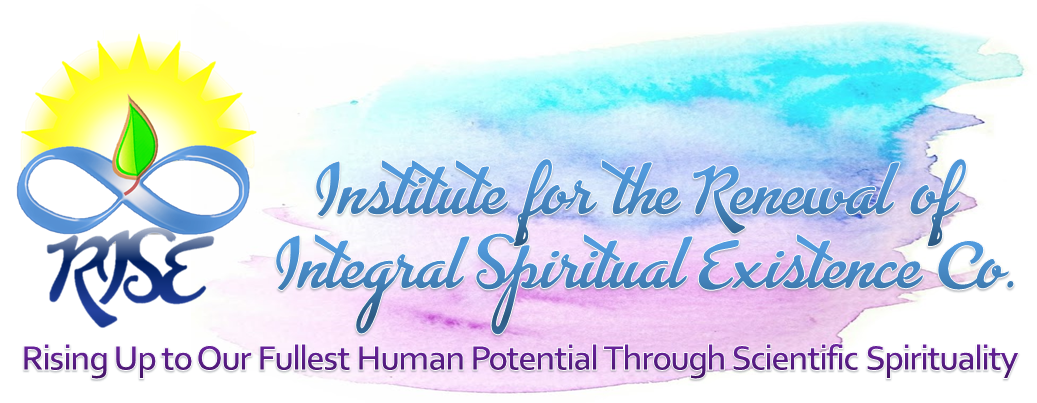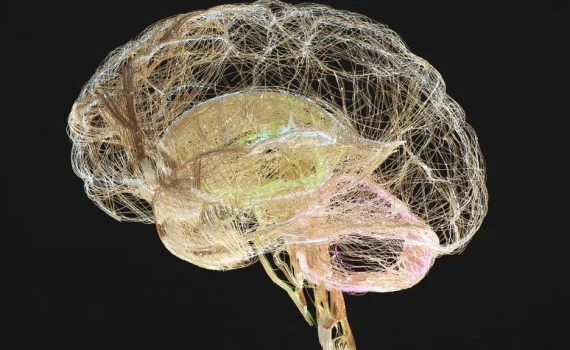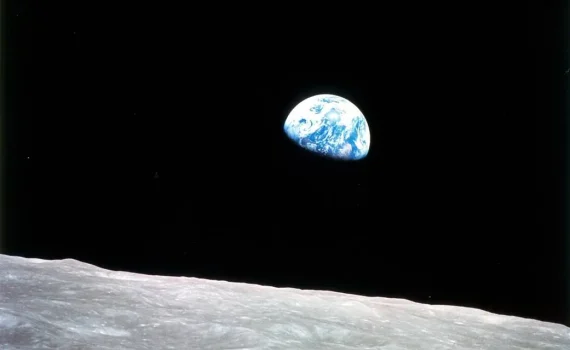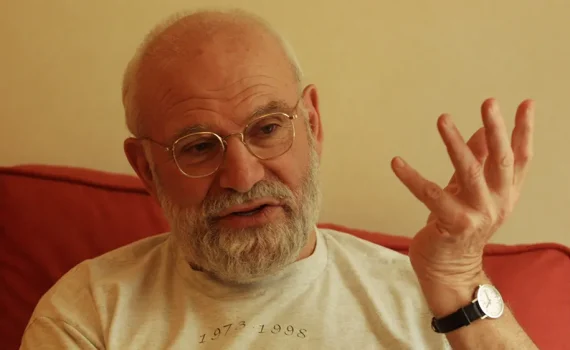A study from Northwestern University has revealed that the brain’s structural features may exist near a critical point, akin to a phase transition. This point is characterized by high complexity and is observed in various organisms, including humans, mice, and fruit flies. Researchers found that brain samples exhibited properties associated […]
SECOND AND MORE SPIRITUAL SCIENTIFIC REVOLUTIONS
The article explores the complex interplay between intuition and rational decision-making, emphasizing the importance of listening to gut feelings in various situations. It shares the transformative story of Lynn Tilton, who, after a profound intuitive experience, shifted her career focus to helping struggling companies, ultimately saving hundreds of thousands of […]
The article explores the origins of the universe and the interplay between randomness and evolution, as explained by chemist Lee Cronin. It begins with the Big Bang, forming matter, stars, and planets, ultimately resulting in life. Central to this discussion is quantum physics, which reveals that the universe operates on […]
In the ABC podcast episode “Awakening a Wondrous World Through Storytelling,” Emmanuel Vaughan-Lee explores the transformative power of storytelling in fostering a wiser and more beautiful world, even amidst crises. He likens stories to seeds that, when nurtured with attention, can cultivate landscapes filled with awe, wonder, reverence, and love. […]
A recent study from Columbia University has discovered that bacteria can produce free-floating genes, which challenges traditional understandings of genetic code and gene expression. This phenomenon, observed in the bacterium Mycobacterium smegmatis, suggests that these genes can exist independently of chromosomes, raising questions about the mechanisms of genetic regulation and adaptation […]
In “The Creative Self,” Oliver Sacks explores the intricate relationship between imitation and originality in the creative process, arguing that true creativity often emerges from a foundation of influences and inspirations. He emphasizes that creativity is not an isolated act of genius but rather a journey that begins with absorbing […]
Danish astronomer Tycho Brahe, renowned for his astronomical discoveries in the 16th century, also engaged in alchemy, conducting secret experiments in his laboratory at Uraniborg. Recent research analyzing glass and pottery shards excavated from the site has revealed unexpected findings, including traces of tungsten, which was not identified until 1781, […]
A study of 241 unresponsive patients with severe brain injuries found that up to 25% may exhibit “hidden consciousness,” showing brain activity consistent with following instructions, despite being unable to physically respond. This phenomenon, known as cognitive motor dissociation, suggests these patients are more aware of their surroundings than previously […]
The article discusses how creating “dense memories” can enhance our perception of time and contribute to a fuller life. Neuroscience suggests that engaging in novel and meaningful experiences leads to richer memories, making time feel more expansive. By actively seeking out diverse activities and challenges, individuals can create a sense […]
The article presents a concise argument against the materialist account of the mind, emphasizing the distinction between subjective thoughts and physical brain states. It references John Searle’s Chinese Room scenario to illustrate that while computers can process information syntactically, they lack genuine understanding or consciousness. The author proposes a thought […]
In an interview, Dr. Michael Egnor discusses the limitations of materialism in explaining consciousness and the nature of reality. He argues that materialism, which posits that everything can be explained by physical processes, fails to account for the subjective experiences of consciousness and the existence of free will. Egnor emphasizes […]
Peter Godfrey-Smith’s article, “Living on Earth,” serves as the conclusion to his trilogy exploring the evolution of intelligence across species, building on the themes introduced in his previous works, including Other Minds. In this piece, he emphasizes the role of living organisms as active agents that shape their environments, rather than […]












